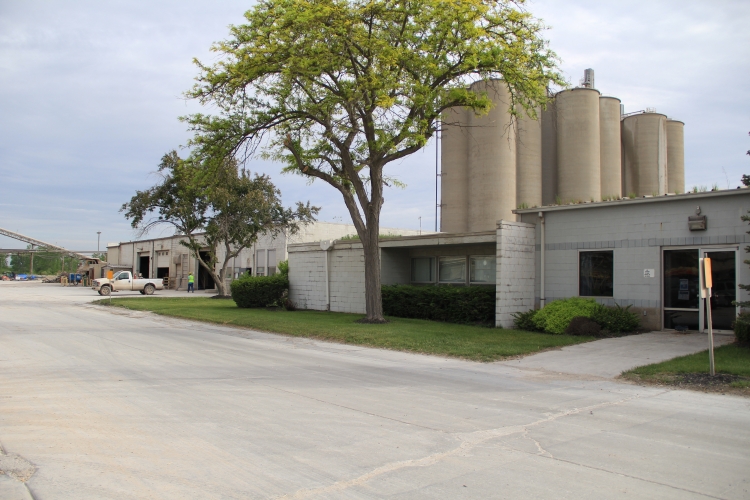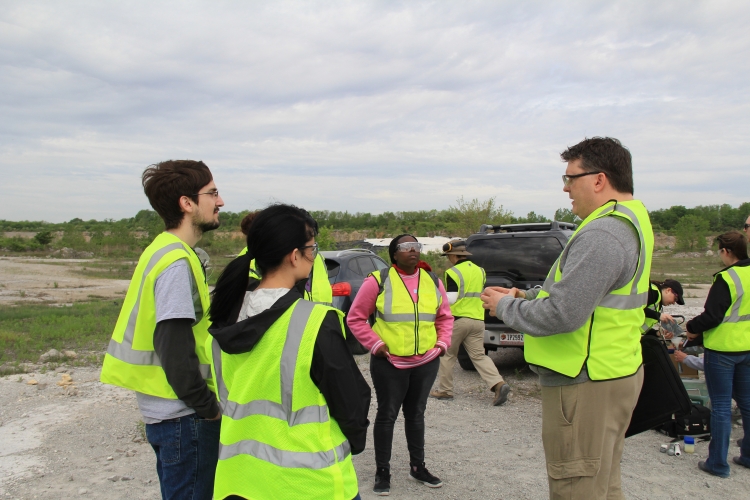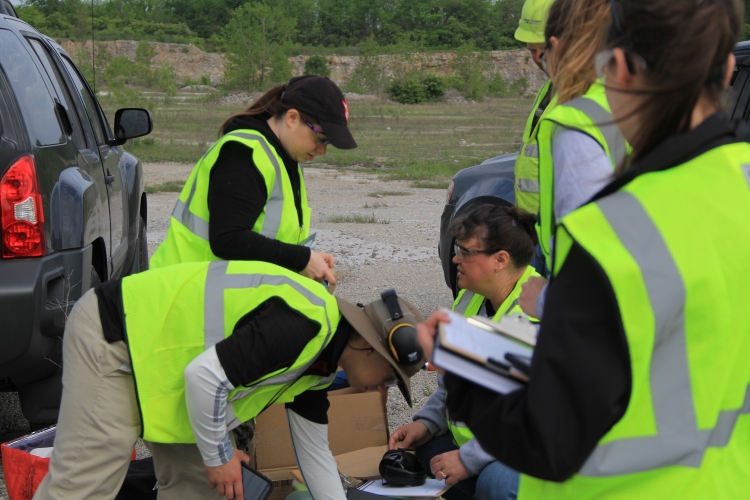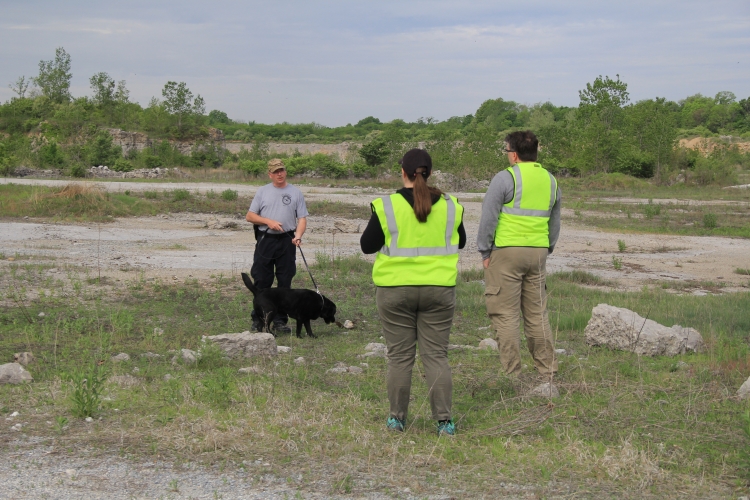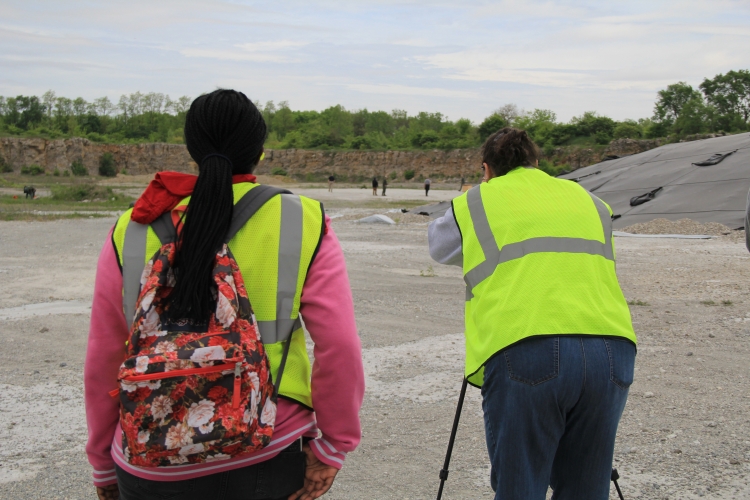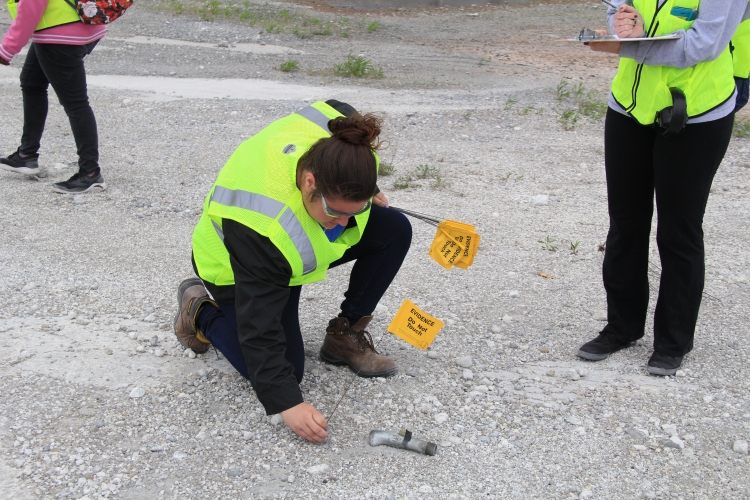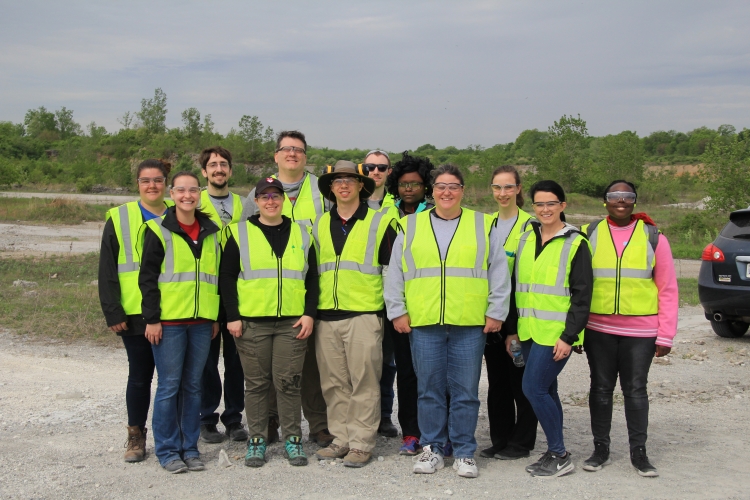Background
IUPUI has a nationally-respected active research program focused on explosives analysis, including designing new and more sensitive ways to identify explosives before and after explosions. The only reliable way to test these methods is to try them out on actual post-blast debris in a controlled experiment that simulates actual crime scenes. The ultimate goal is to share knowledge learned with forensic scientists worldwide.
John Goodpaster, who directs IUPUI’s Forensic and Investigative Sciences (FIS) Program teaches a variety of topics including device identification, search patterns, evidence collection and examination, forensic chemistry, role of forensic scientists in law enforcement, and training of forensic scientists. His leadership and dedication to the program has helped IUPUI become one of the most sought after universities to study in forensics.
The experiment
Pipe bombs are deadly improvised explosive devices constructed from easily obtainable materials. During a controlled experiment that simulates actual pipe bomb crime scenes, a series of devices that vary by type of pipe (plastic or metal) and the type of explosive (smokeless powder, pyrotechnic or TNT) will be detonated. The Indiana State Police Bomb Squad, which has partnered with IUPUI for many years, will construct the devices. IUPUI students will play the role of crime scene investigators.
